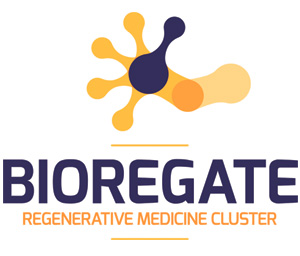BACKGROUND:
Several adult stem cell populations exhibit myogenic regenerative potential, thus representing attractive candidates for therapeutic approaches of neuromuscular diseases such as Duchenne Muscular Dystrophy (DMD). We have recently shown that systemic delivery of MuStem cells, skeletal muscle-resident stem cells isolated in healthy dog, generates the remodelling of muscle tissue and gives rise to striking clinical benefits in Golden Retriever Muscular Dystrophy (GRMD) dog. This global effect, which is observed in the clinically relevant DMD animal model, leads us to question here the molecular pathways that are impacted by MuStem cell transplantation. To address this issue, we compare the global gene expression profile between healthy, GRMD and MuStem cell treated GRMD dog muscle, four months after allogenic MuStem cell transplantation.
RESULTS:
In the dystrophic context of the GRMD dog, disease-related deregulation is observed in the case of 282 genes related to various processes such as inflammatory response, regeneration, calcium ion binding, extracellular matrix organization, metabolism and apoptosis regulation. Importantly, we reveal the impact of MuStem cell transplantation on several molecular and cellular pathways based on a selection of 31 genes displaying signals specifically modulated by the treatment. Concomitant with a diffuse dystrophin expression, a histological remodelling and a stabilization of GRMD dog clinical status, we show that cell delivery is associated with an up-regulation of genes reflecting a sustained enhancement of muscle regeneration. We also identify a decreased mRNA expression of a set of genes having metabolic functions associated with lipid homeostasis and energy. Interestingly, ubiquitin-mediated protein degradation is highly enhanced in GRMD dog muscle after systemic delivery of MuStem cells.
CONCLUSIONS:
Overall, our results provide the first high-throughput characterization of GRMD dog muscle and throw new light on the complex molecular/cellular effects associated with muscle repair and the clinical efficacy of MuStem cell-based therapy.

